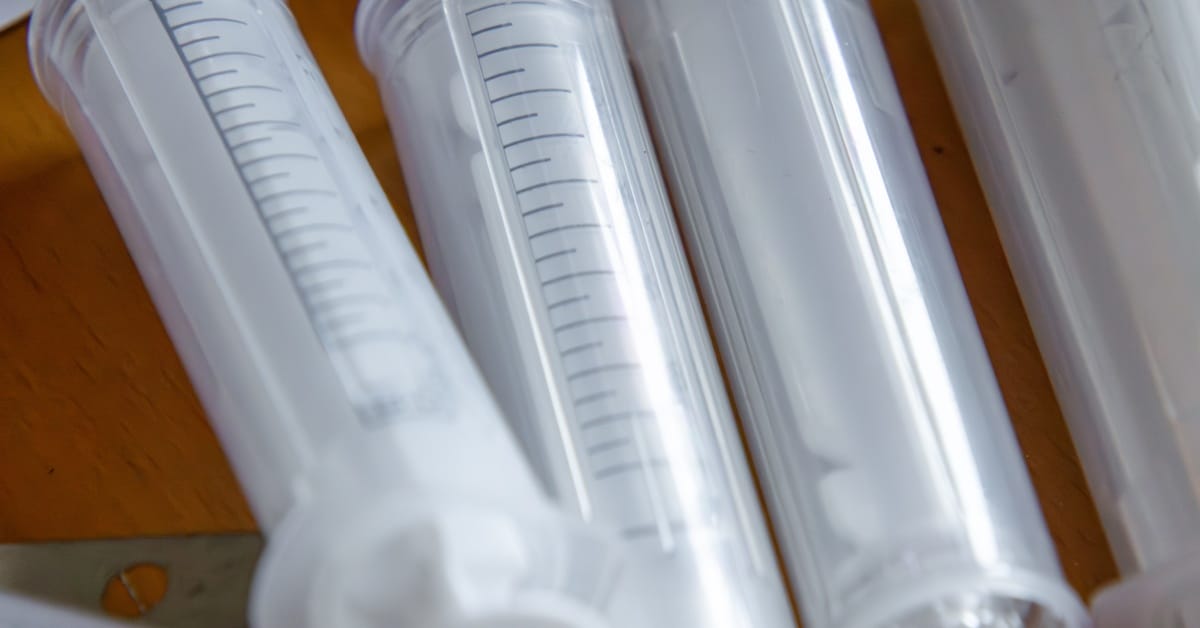The healthcare industry constantly evolves, but one thing remains consistent: the importance of reliable and efficient manufacturing processes for medical devices and equipment. Plastics have revolutionized healthcare manufacturing by becoming a preferred material for countless applications, from single-use products to sophisticated machines that stand the test of time. Read on to learn more about the advantages of plastic engineering for medical devices and see why healthcare manufacturers choose plastics manufacturing.
Cost-Effectiveness
Plastics are a game-changer when it comes to reducing manufacturing costs in the healthcare industry. Compared to materials like metal or glass, plastics offer a lower cost of production due to cheaper raw materials and ease of processing.
This affordability makes it possible for manufacturers to produce medical devices at scale while maintaining competitive pricing for their products. Additionally, lower material costs often translate into increased accessibility for medical devices, benefiting healthcare providers and patients alike.
Design Flexibility
Another advantage of plastics manufacturing for healthcare devices is the unparalleled design flexibility it provides. Plastics allow for the creation of components with intricate shapes, varying thicknesses, and unique designs that might otherwise be impossible or prohibitively expensive with other materials. This opens the door to developing advanced medical solutions, such as minimally invasive surgical instruments or ergonomic patient care tools.
This level of adaptability is critical in a field where precision can mean everything. By allowing designers and engineers to rapidly test prototypes and iterate on designs, plastics reduce the time it takes to bring innovative medical devices to market. The ability to mold plastics into both standard and highly specialized components ensures manufacturers can meet the broad spectrum of needs within the healthcare sector.
Sterilization Compatibility
For medical devices to be safe and effective, they must endure rigorous sterilization processes. Certain plastics are specifically designed to withstand these procedures, making them highly desirable for healthcare applications. Many types of plastics can tolerate exposure to intense heat, chemical disinfectants, or UV radiation without degrading, ensuring that they remain safe for use in sterile environments.
Durability and Weight
Plastics strike the perfect balance between durability and lightweight construction, which is essential in healthcare manufacturing. Their durability ensures that medical devices can withstand frequent use and harsh handling, while their lightweight nature enhances usability for both healthcare providers and patients. For example, plastic surgical tools and diagnostic equipment are easier to maneuver due to their reduced weight, making them more practical for extended periods of use.
Additionally, for patients requiring long-term use of medical devices, such as braces or prosthetics, the lightweight nature of plastics enhances comfort and portability. By combining strength with convenience, plastics contribute to creating devices that are not only functional but also improve the overall experience for users across the healthcare spectrum.







